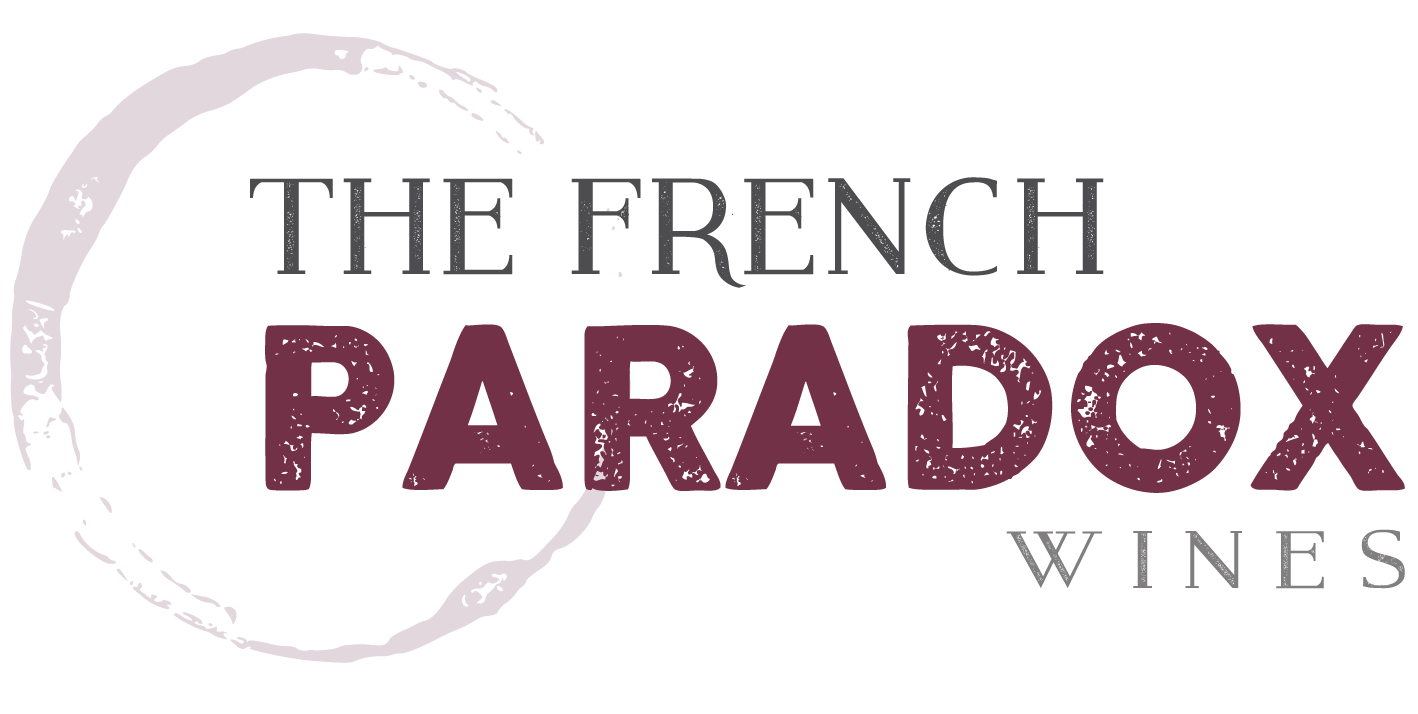For our first foray outside of France, we have selected the endlessly vast wine landscape of Germany. While best known for the noble Riesling variety, Germany is home to many, many other grapes, each holding their own charm and utility. There are also a number of unique growing regions to be discovered – from the steep slopes of the Mosel to the warm, rolling hills of the Pfalz to the volcanic soils of the Nahe and beyond. This pack is largely white (with one Rosé included) however, the diversity of varietal, vineyard source and winemaking style make this a fascinating glimpse of what the German wine category has to offer. This group of wines showcases texture, minerality and charming fruit in six distinct, complex presentations and serves to further deepen our understanding of the concept of balance within the construct of wine.
As before, this six-bottle pack is available @ $150/6pk.
2019 Von Winning (Pfalz)
Sauvignon Blanc “II” Trocken
Von Winning produces several examples of Sauvignon Blanc, with the “II” cuvee intended as an introduction to the house style. Fermented in stainless steel with minimal residual sugar this bottling manages to capture the focused yellow fruit aromas and flavors of Sauvignon along with the trademark acidity of the variety. Sauvignon Blanc accounts for less than 3% of plantings in the Pfalz (the 2nd largest growing region in Germany) and is just beginning to gain attention in the German market place thanks in no small part to the efforts of Von Winning.
2019 Darting (Pfalz)
Pinot Blanc Trocken
Known as “Weissburgunder” in Germany, Pinot Blanc from the Pfalz tends towards a lighter, more mineral-driven personality than versions of the varietal from Alsace. Darting’s Trocken bottling is vinified at low temperature in stainless steel with only idigenous yeasts employed for fermentation. The resulting wine is a squeaky clean white which communicates the chalky soils from which it came. Ideal as an aperitif, this Pinot Blanc is equally well matched to white meat dishes such as roast chicken.
2019 Theo Minges (Pfalz)
Scheurebe Feinherb
The Scheurebe varietal was created in 1916 by German viticulturist Dr. Scheu and is the progeny of Riesling crossed with Bukettraube. Typically, Scheurebe offers a Riesling-like aromatic profile (petrol, flint) along with attractive citrus flavors. Theo Minges’ Feinherb bottling is just a touch sweet and manages to offer a softer mouthfeel than most Scheurebe, though it avoids ever becoming flat on the palate. The pink grapefruit skin character of this wine informs the aromas, flavors and overall texture making for a decidedly refreshing drink.
2018 Strub (Rheinhessen)
Riesling Niersteiner Hipping “Thal”
The Rheinhessen is known for producing cheerful, partially sweet white wines with an emphasis on quality rather than quantity. The intention of the small Weingut Strub is to showcase the best vineyard sites of the Nierstein zone through careful viticultural and winemaking techniques. The Riesling “Thal” is sourced from a steep slope in the Hipping vineyard, which features a red slate soil and plenty of sun exposure. At 11.5% alcohol, the 2018 is a gentle, peachy Riesling with an excellent balance of sugar and acid.
2018 Selbach-Oster (Mosel)
Riesling Spätlese Zeltinger Schlossberg
Selbach-Oster is located in the village of Zelting and this bottling comes from the Schlossberg vineyard, thought of as a “Grand Cru” site. The Spätlese designation refers to the harvest window declared for Riesling for a given vintage and grapes are picked later than Kabinett and earlier than Auslese. This particular example of Spätlese Riesling possesses relatively high amounts of acidity, extract and residual sugar. It is a wine that displays ripeness in the form of peach and lime flavors, minerality conveyed by crushed stone aromas and concentration via its intensely dense texture.
2019 Diel (Nahe)
Pinot Noir Rosé de Diel
Composed of 100% Spatburgunder (Pinot Noir) from young vines located in Dorsheim and Burg Laye within the Nahe, the 2019 Diel Rosé is dense and savory. A combination of stainless steel and large, neutral barrel are employed for the fermentation and ageing of Rose de Diel, which possesses vivid strawberry aromas and flavors. Rich and multi-layered, this bottling is reminiscent of a fine Bandol or Marsannay Rosé.
